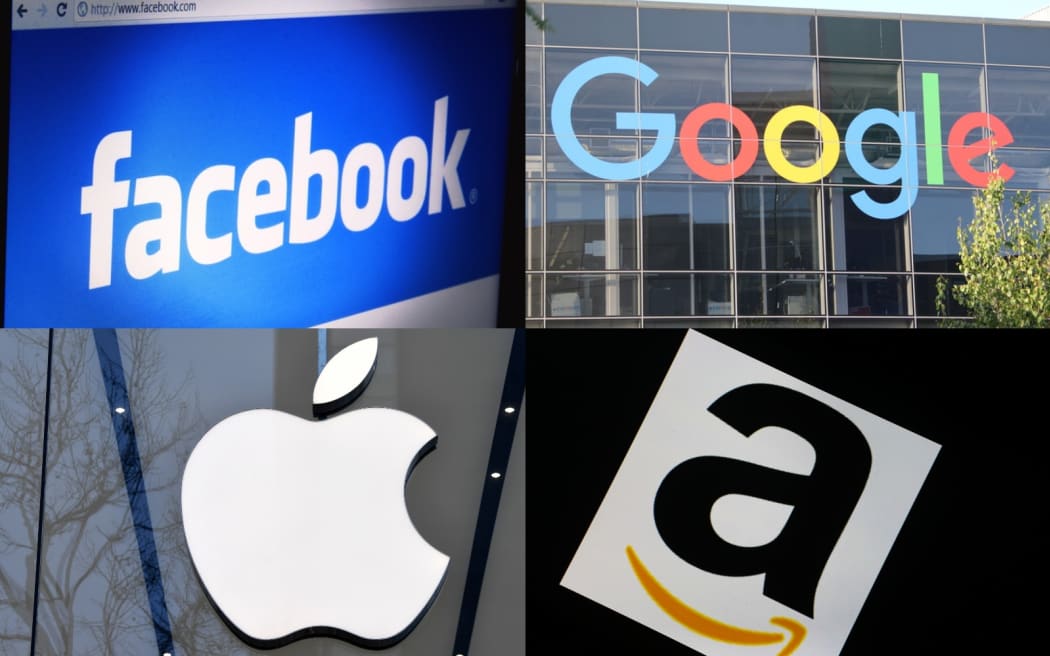The government has unveiled new legislation to tax multinational companies that provide digital services.
Minister of Finance Grant Robertson and Minister of Revenue Barbara Edmonds said the "increasing digitisation of commerce" internationally has left gaps in the tax base.
"It's clear that the international tax framework hasn't kept pace with changes in modern business practice and with the increasing digitisation of commerce," Robertson said on Tuesday.
"This is a problem faced by countries across the world. With more and more overseas businesses embracing digital business models, our ability to tax them is restricted and the burden falls to smaller groups of taxpayers."
Thanks to complex international tax rules and clever accounting, companies like Apple, Google and Meta pay little - if any - tax in New Zealand, despite making money here.
For example, in 2017 it emerged Apple had paid no tax at all in New Zealand for a decade, despite sales topping $4 billion in that time.
Meta and Google's local operations have both paid far more money to their parent companies registered in Ireland than they have in tax.
The government began consultation on the proposed tax in 2019, also pointing the finger at Uber and Airbnb.
Robertson at the time said he would prefer a multilateral agreement, but that was making "slow progress", he said on Tuesday.
READ MORE
- Elon Musk says Twitter will limit how many tweets users can read
- US House panel approves bill giving President Joe Biden power to ban TikTok
- UK to fine tech companies that fail to remove self-harm material
- Twitter fails to detect upload of Christchurch mosque terror attacks footage
"As part of these negotiations, we have agreed not to bring in a unilateral measure such as [a digital services tax] until 1 January 2025.
"While we will keep working to support a multilateral agreement, we are not prepared to simply wait around until then to find out. That is why we have prepared legislation that is ready to go if the OECD process does not succeed."
The tax would be 3 percent of gross taxable New Zealand revenue, and apply to multinational companies making more than €750 million a year globally (NZ$1.37b) and more than $3.5m locally.
"The proposed digital services tax will target large multinational businesses that earn income from New Zealand users of social media platforms, internet search engines, and online marketplaces," Robertson said.
It was expected to bring in $222m over four years.
"This decision builds on a Labour manifesto commitment to find a workable solution to the issue of multinational corporations not paying their fair share of tax," Edmonds said.
"We're committed to future-proofing our tax system to ensure it meet the pace and growth of the digital economy for generations to come."
A similar tax introduced in the UK in 2020 reportedly reaped 30 percent more than projected after demand for digital services skyrocketed during the pandemic. The US threatened tariffs, but later pulled back on proviso the taxes would be dropped once a global 'minimum tax' agreement was reached.
The Digital Services Tax Bill will be introduced on Thursday.



